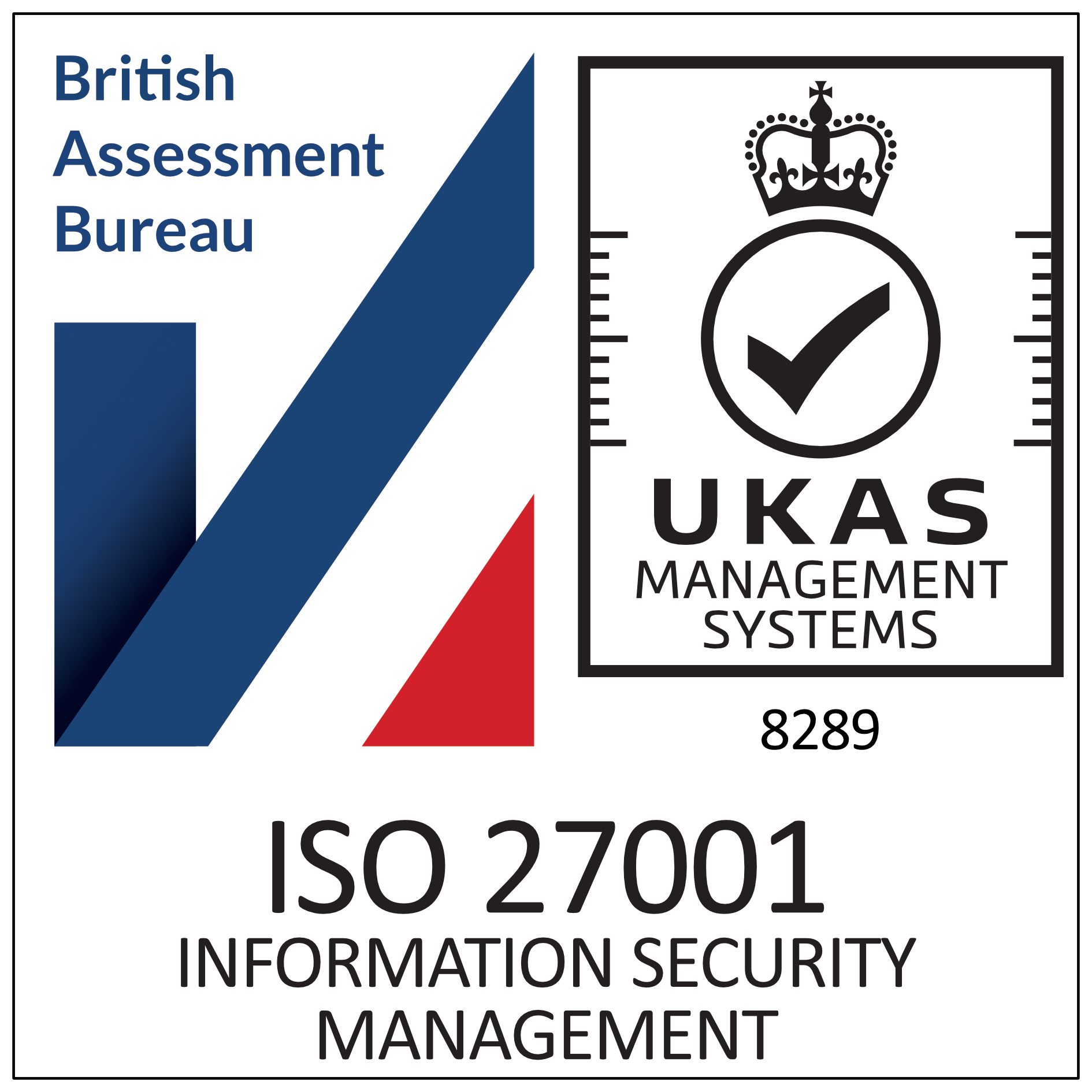Cutting NHS Admin: The Cost of False Economy
Cutting NHS Admin: The Cost of False Economy

Julian Kelly’s announcement that NHS England will push for cuts to “support and admin” staff is the latest example of short-term thinking in the face of long-term challenges. At first glance, this might seem logical—when budgets are tight, the instinct is to trim perceived “non-essential” roles. But if we’ve learned anything from years of squeezing NHS resources, it’s that cuts like these often cost more than they save.
Support and admin staff are not optional extras in the NHS; they’re the gears that keep the machine running. Now, I’m not saying that there isn’t wastage, but dismantling those systems with a broad-brush approach risks slowing everything down—from patient appointments to elective recovery—ultimately impacting care delivery and staff morale.
The Role of Admin Staff in Patient Safety and Care
Support and admin staff are essential for operational management in the NHS. They manage appointment scheduling, support clinical teams, process critical data, and coordinate care pathways. Reducing their numbers doesn’t eliminate their workload—it redistributes it.
- Redistribution to Clinical Teams: Nurses and doctors, already stretched thin, will have to absorb additional admin tasks, pulling them further away from direct patient care.
- Risk of Errors: Admin staff ensure processes run smoothly, from maintaining patient records to managing surgical lists. Fewer admin staff means greater risks of delays, errors, and miscommunication.
In short, admin staff don’t just support the NHS—they should help protect patient safety. Cutting them may temporarily improve a balance sheet, but the downstream consequences will ripple across the system. Is it perfect at the moment? Absolutely not. It needs major improvement. But improvement is not the same as reduction.
A False Economy
The call to reduce admin and support staff growth ignores a deeper issue: why those roles have grown in the first place. Over the last few years, the NHS has faced increasing demand, driven by a growing and aging population, chronic staff shortages, and rising complexity of care. Is it the case that additional admin roles have been created to handle this surge, to ensure the system can keep pace with demand?
Kelly’s statement asks if all this growth is “necessary.” The better question is: can the NHS afford to put more pressure on clinical time by removing the support they need? With elective recovery already a fragile process, cutting the admin roles that support scheduling, patient communication, and resource coordination risks derailing any likely progress on waiting lists, further compromising patient care.
What Does Real Productivity Look Like?
The focus on productivity is important—but true productivity isn’t just about spending less; it’s about achieving better outcomes with the resources we have. Here’s what that could look like:
- Invest in Workforce Planning Effective workforce planning ensures that admin and clinical staff work in harmony, with clear roles and responsibilities. Cutting admin without rethinking how workloads are managed will only create inefficiency elsewhere.
- Embrace Automation Thoughtfully Technology can streamline repetitive tasks, but it needs to be implemented carefully. Replacing admin staff with systems that don’t work seamlessly will add to the burden on clinical teams rather than alleviating it.
- Flexible Working for All Flexibility isn’t just a retention tool for clinical roles—it’s equally vital for admin staff, whose institutional knowledge is often the glue holding operations together. Losing these staff creates inefficiencies that compound over time. Offering flexible working options can improve retention, reduce turnover, and ensure this critical expertise isn’t lost.
What’s Really Driving Deficits?
The NHS’s current financial woes stem from deeper systemic challenges. Rising agency costs, national pay settlements, and elective recovery initiatives are eating into already-stretched budgets. Targeting admin staff for savings is a distraction from addressing the structural inefficiencies that drive these deficits.
Before targeting admin and support staff, NHSE must transparently demonstrate the evidence that such cuts will improve productivity without compromising care or adding pressure to clinical teams. Otherwise, these proposals risk being little more than a costly diversion.
If NHSE wants to address its £851m unplanned deficit, it must:
- Focus on retaining substantive staff to reduce reliance on costly agency workers.
- Strengthen regional collaboration to avoid duplication of effort and better share resources.
- Develop a robust workforce planning strategy to address demand without resorting to reactive measures.
Patient-Centric Reform Over Cost-Cutting
Kelly’s comments reflect a broader trend in NHS leadership: prioritising immediate financial concerns over patient outcomes and staff well-being. While cost control is essential, it cannot come at the expense of a functioning system. Cuts to admin staff might look good on a spreadsheet, but they will ultimately push the NHS further from its core mission: delivering safe, timely, and effective care to patients. What is worse is many of us could see this move coming.
I would go as far as saying that they are trying to get on the wrong boat heading in the wrong direction. Cutting admin staff to manage deficits is like trying to save a sinking ship by tossing out the navigation tools to save weight—it might feel productive in the moment, but it will leave the NHS lost and struggling to stay afloat.
True reform requires ethical decision-making that considers both short-term pressures and long-term impacts. This means focusing on efficiency without eroding capacity, and ensuring any changes prioritise patient safety and staff support above all else.
The NHS can’t afford to keep solving today’s problems by creating tomorrow’s crises.
Author

Philip Bottle
Managing Director
07894 128377
philip@sardjv.co.uk
Philip Bottle
Managing Director
07894 128377
philip@sardjv.co.uk
Recent Articles

Registered address
SARD JV Limited
Unit 76, Innovation Centre
University Road, Canterbury
CT2 7FG
A joint venture with Oxleas NHS Foundation Trust.
Registered in England and Wales with company number 07916735. VAT No. 131901840
Designed and built By Tweak Marketing
Privacy Policy





